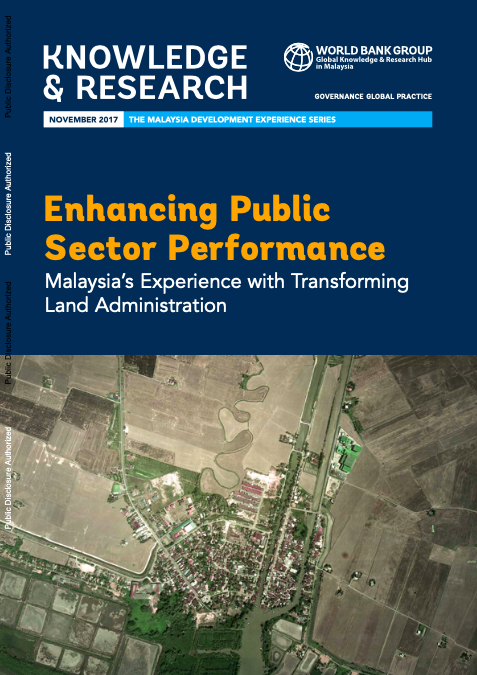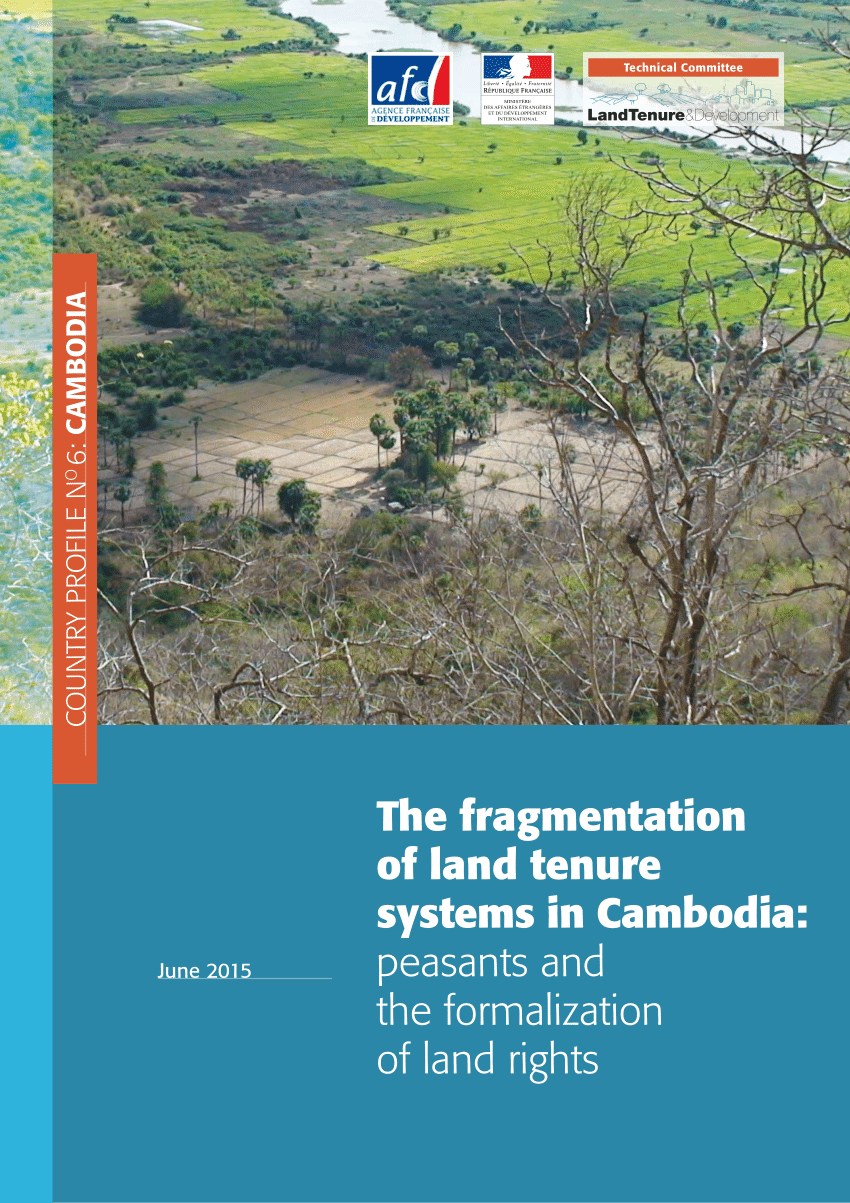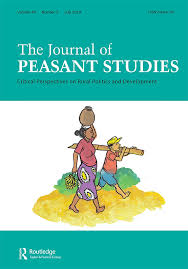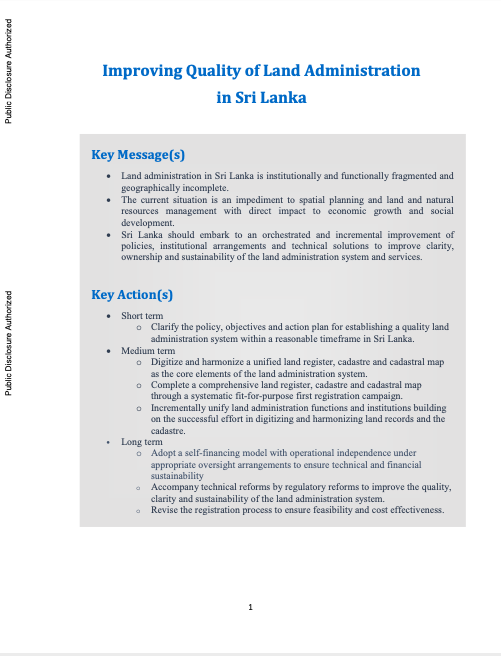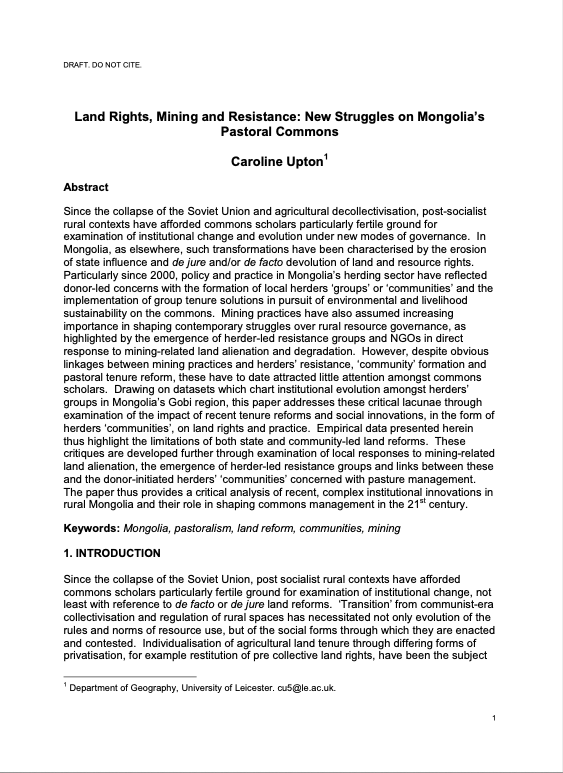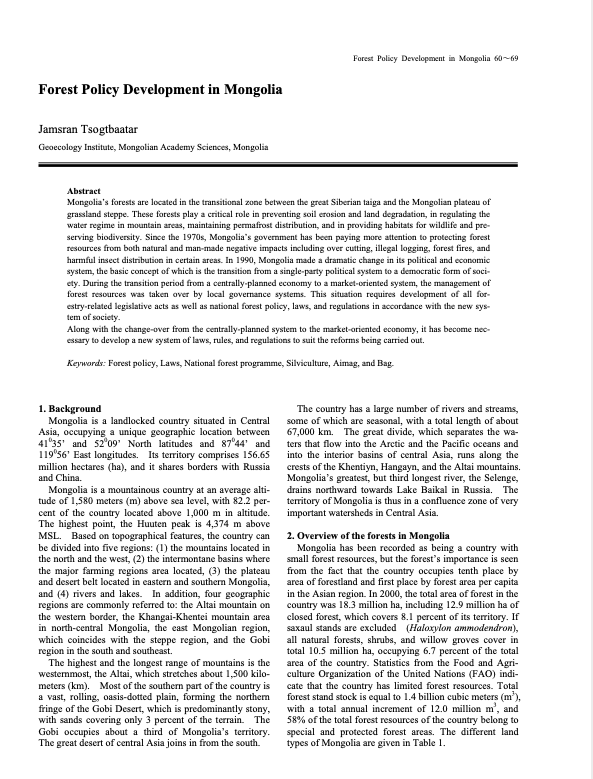Enhancing Public Sector Performance
This report is part of the series focusing on documenting the lessons from Malaysia for other developing countries in improving their public-sector management. These lessons include those at the center of government, such as the delivery unit method applied to the implementation of the national priorities, or implementing the elements of performance-based budgeting, as well as deeper analysis of specific approaches in various sectors. Strategies for improving public sector performance will differ in education, health, public transport, or land administration.

